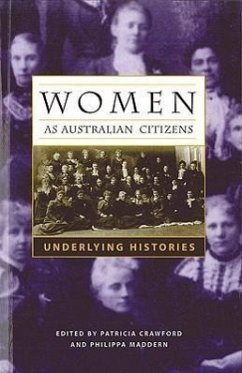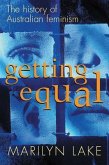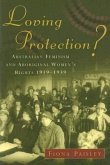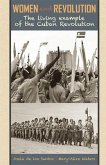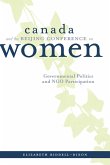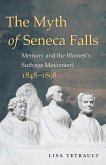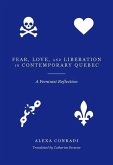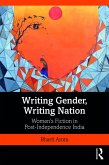This challenging and original work problematises the concept of 'citizenship' and the unstated assumptions infusing it. What does it mean to be a woman citizen in Australia today? Why have Australian women appeared so rarely in public political life, despite gaining the vote in 1901? Why has formal citizenship historically been analysed in primarily male terms? And how have women themselves established different practices of citizenship from those of men? Women as Australian Citizens addresses these questions. It examines the long histories of citizenship for Australian women of various ethnic and cultural backgrounds, showing how gender, far from being irrelevant, has been central to constructions of the concept of citizenship. Hence citizenship has been masculinised, and women's citizenly activities marginalised. This challenging and original work problematises the concept of 'citizenship' and the unstated assumptions infusing it. The authors argue that from its earliest European origins, the word 'citizen' has acted as a term of division, denoting both inclusion in, and exclusion from, civic power, and initiating enduring negotiations over the criteria for becoming a citizen. Patricia Crawford, Philippa Maddern and their associate authors investigate how gender has been used as a marker and justification for inclusion and exclusion. They show how women from many different backgrounds, from the medieval world onwards, rethought and rewrote their own citizenship, and argue that the legacies of these historical debates still underlie community understandings of modern Australian citizenship.
Hinweis: Dieser Artikel kann nur an eine deutsche Lieferadresse ausgeliefert werden.
Hinweis: Dieser Artikel kann nur an eine deutsche Lieferadresse ausgeliefert werden.

